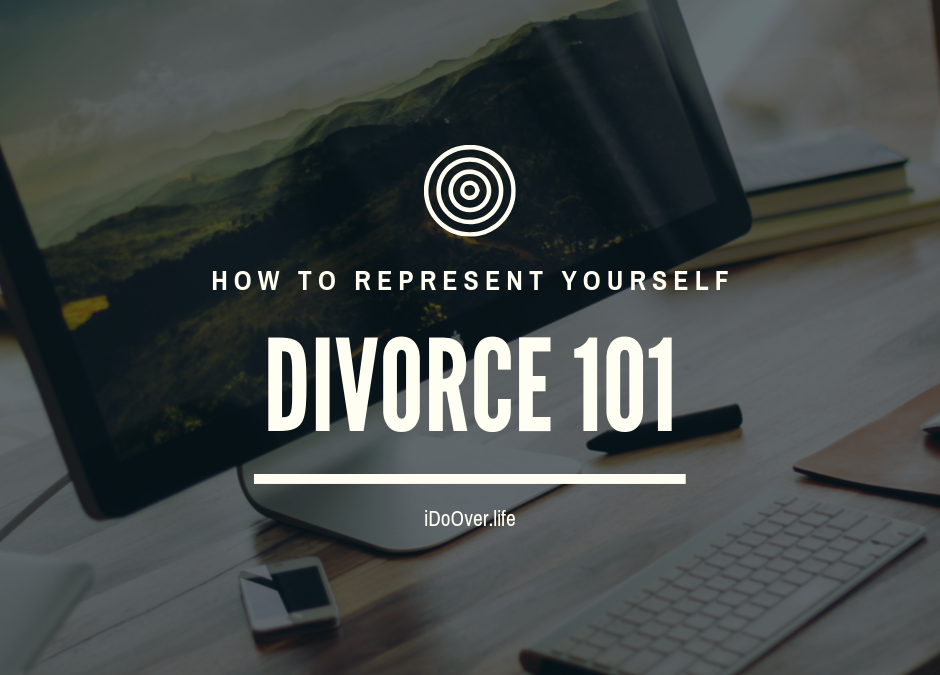Divorce 101- What You Need to Know When Representing Yourself
While we recommend you seek legal advice to determine how the law applies to your facts, the more information you have, the better prepared you will be to either meet with an attorney or represent yourself.
Divorce 101
The first question is whether or not their are minor children of the marriage. If you do not have children, the issues to resolve are in list one. If you have minor children from the marriage then you will need to address additional issues within list two.
List One:
Property and Debt Division: All of the property and debt that has been accumulated during the marriage (or co-mingled with community property/debts) will need to be divided and assigned to either party. The general rule of thumb is that each person will take roughly half of the community debts and assets.
Start with a list of all of the property, when it was acquired, and identify its value. Then look at the debts in the same manner. Start brainstorming on ways the debt and property can be divided in line with your objectives for the divorce.
Other ancillary issue that may come up include community waste, separate/commingled property, etc.
Spousal Maintenance: Is one spouse eligible for spousal maintenance or asking for spousal maintenance. This is a tricky legal issue. The court applies a two part test to determine if someone is eligible and, if they are eligible for how much and for how long. While the test is a bit complicated the court is essentially trying to determine 1) does the requesting spouse need spousal maintenance? 2) Does the paying spouse have the ability to pay? 3) How much does the requesting spouse need and what amount/duration is fair under the specific circumstances?
If a couple agrees on an amount and duration the agreement is typically “non-modifiable”. If the court enters an award, that amount and duration are typically modifiable.
Attorneys Fees: Almost everyone requests that their attorneys fees be paid by the other party. The court will order one party to pay all or a portion of the fees of the other based on reasonableness of the parties (or lack thereof) and/ disparity in income between the parties. If you are representing yourself, the court will not award you attorney fees.
List Two:
Legal Decision Making: Legal Decision Making was formerly known as “legal custody” this refers to who makes the major decisions for the child as to school, religion, medical decisions and personal care. There is a preference for two fit parents to share legal decision making. Exceptions exist where domestic violence and addiction issues are present. Please seek counsel if either addiction or domestic violence are issues in your case.
Parenting Time/Parenting Plan: In Arizona, all parents are granted “parenting time”. Only third parties or grandparents are granted “visitation.” Arizona also requires that a specific parenting plan be put into place that includes a regular schedule, vacation schedule, holiday time, transportation, periodic review of the plan and a way for parents to resolve disputes. You will be required to submit a specific plan. I would encourage you to use the access legal document to assist you in developing your plan. Customize one to fit your needs.
Child Support: In Arizona, child support is ordered for children under 18 yrs of age or those who have not yet graduated high school. The child support calculator will determine the presumptive amount of support. Arizona child support guidelines cover all of the ins and outs of the calculator and can be a very valuable resource.
These constitute the major issues facing a couple going through divorce. Each item has subsets of information and nuances. For more information, contact us directly at info@accesslegaldocs.com.

